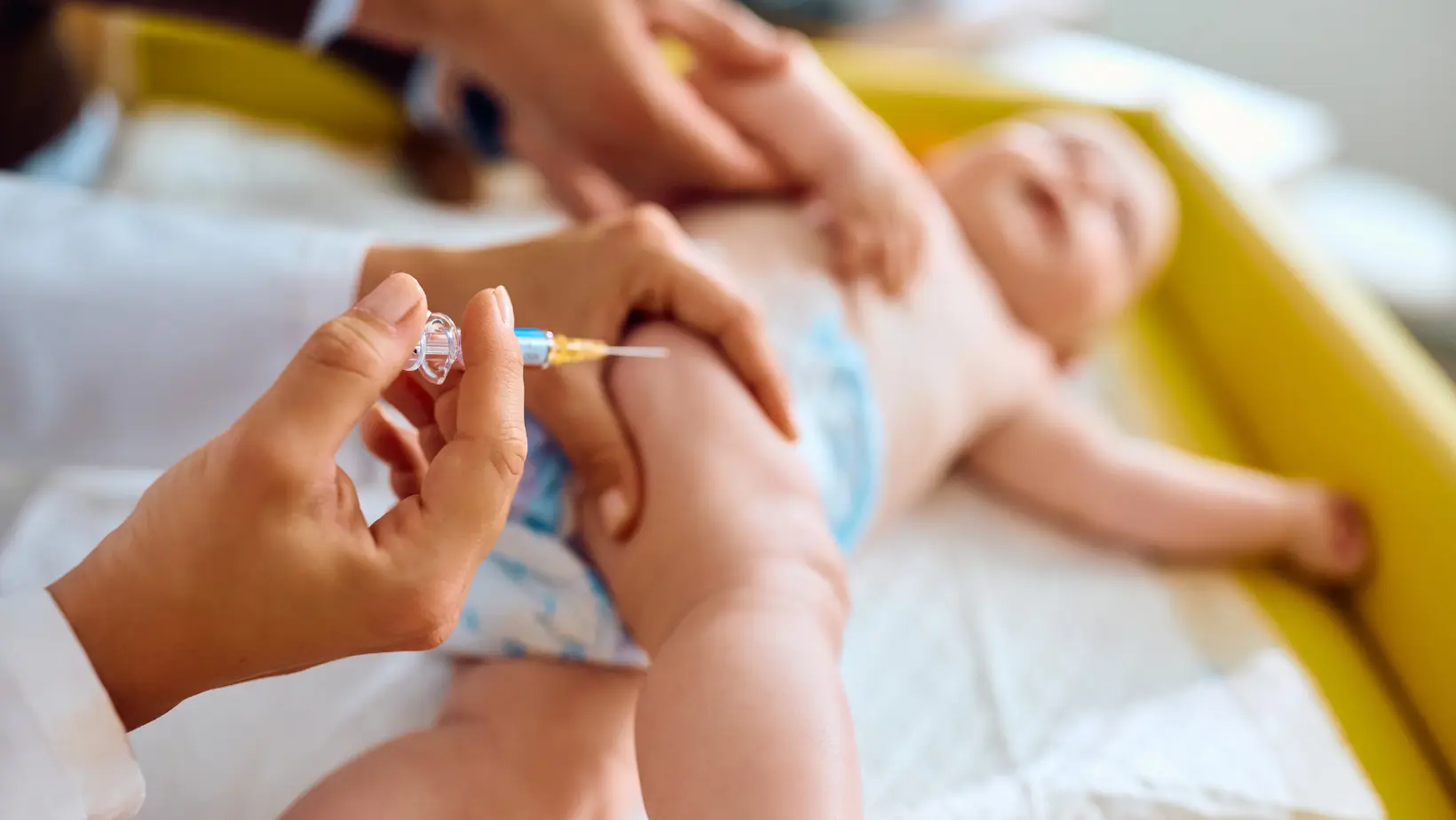To read the previous part, go to How Are Vaccines Made?
Vaccinations for women, those who become pregnant and women who are breastfeeding is an issue to be discussed. When a woman wants to conceive a baby, she should see her doctor for a check-up. The doctor should provide her with valuable information about preventative measures before pregnancy.
During this appointment, the doctor should prescribe control blood tests to verify your immune system for certain illnesses that can be very serious for the baby if contracted during pregnancy, such as rubella. If the woman isn’t immunised against this illness, she usually will be prescribed a vaccine. They should then wait three months before conceiving a baby because the vaccine is made up of a living strain of the pathogen agent. This can be harmful to the embryo’s development over the short term (like the chickenpox vaccine).
If vaccination isn’t possible, knowing this can at least make the woman aware that she has to pay particular attention to infections in her environment and try to avoid them as much as possible.
According to directives from the SOGC, care providers should verify the vaccine needs of the pregnant woman and provide them with the necessary ones (ex.: diphtheria and tetanus, hepatitis B and A, meningococcal, flu and pneumonia). Pregnant women can never receive a living vaccine, even in small doses or altered or thinned in the injected mix. In a case where the pregnant woman doesn’t have the desired protection, her doctor can request preventative leave from the workplace due to the increased risk of infection due to her weaker immune system.
 If a pregnant woman wants to travel, it’s strongly advised, 6 weeks before departure, to visit a travel vaccination clinic. Specialists in the field can provide her with advice about her safety and her baby’s.
If a pregnant woman wants to travel, it’s strongly advised, 6 weeks before departure, to visit a travel vaccination clinic. Specialists in the field can provide her with advice about her safety and her baby’s.
Don’t forget about the Zika virus infection. Even if there’s no vaccine to prevent or treat this illness, you should be made aware of the possible consequences and preventative steps you can take before choosing to travel.
When pregnant, mothers transmit their antibodies to their baby. However, these antibodies, which are created after a vaccine injection, will disappear within the two first months of the baby’s life. After childbirth, the baby will have to produce their antibodies using their immune system.
Breastfeeding doesn’t mean you can’t get vaccinated. However, it’s preferable to see your health professional for advice about when its best time based on your situation. It’s likely your caregiver will suggest a vaccine for whooping cough during your pregnancy. This is now generally after 26 weeks and for every pregnancy. The whooping cough vaccine is usually found in a single dose combined with diphtheria and tetanus (Tdap). Professionals believe that they can prevent more infections and their consequences in babies under 6 months due to the resurgence of whooping cough in Canada since 2012. The pregnant woman will produce antibodies which will be transmitted to her baby in-utero, and the baby will have more protection after childbirth. This is what we mean by prevention!
To continue reading, go to The Baby’s Immune System.
Updated article : February 2025.


